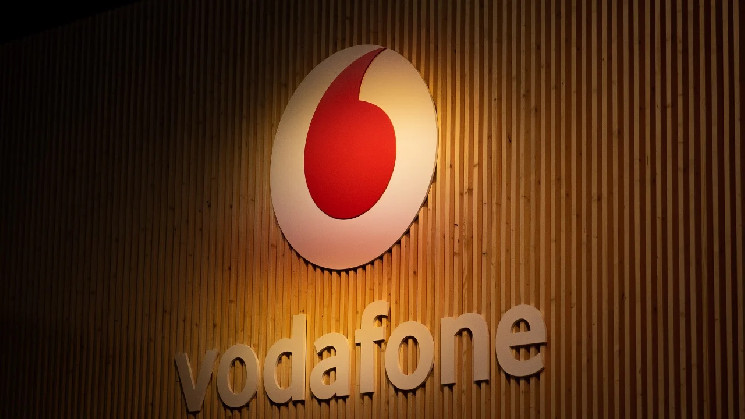Vodafone's Digital Asset Broker (DAB) recently shook up the tech sphere, teaming up with Chainlink Labs and a consortium of other forward-thinkers to tackle the intricacies of the $32 trillion global trade sector.
Their big reveal: a game-changing proof of concept. DAB, Sumitomo Corporation, Chainlink Labs, and InnoWave came together to streamline the exchange of trade documents across various platforms and blockchains, promising to iron out the inefficiencies in the sprawling global trade landscape.
The demo showcased seamless document exchange across these platforms and blockchains, a critical pain point due to the fragmented systems in use. To make this happen, they used Chainlink’s Cross-Chain Interoperability Protocol (CCIP) alongside DAB, beefing up security and interoperability across IoT devices and networks, all in the name of creating a unified interface for secure data and token exchange.
A tangible use case emerged, with a ship autonomously transmitting data in the event of a cargo fire, potentially kickstarting a marine cargo insurance process. This highlights DAB’s potential in the realm of IoT devices and blockchains, offering secure, traceable data for smart contracts and blockchain applications.
They also explored DAB’s Economy of Things (EoT) platform for global trade applications. This platform enables devices to autonomously provide trusted data for trade and financial transactions. At a recent conference, a digital bill of lading zipped seamlessly across various blockchains, promising to trim cargo movement delays.
Jorge Bento, Vodafone DAB’s CEO, highlighted the significance of merging traditional markets with decentralized platforms to ensure secure data and service exchanges in global trade. Their partnership with Chainlink Labs as a node operator is pivotal in enabling secure data exchange and computation for smart contracts.
David Palmer, Chief Product Officer of Vodafone DAB, emphasized the potential for monetizing IoT devices as they anticipate three billion devices operating within the economy of things by 2030.
